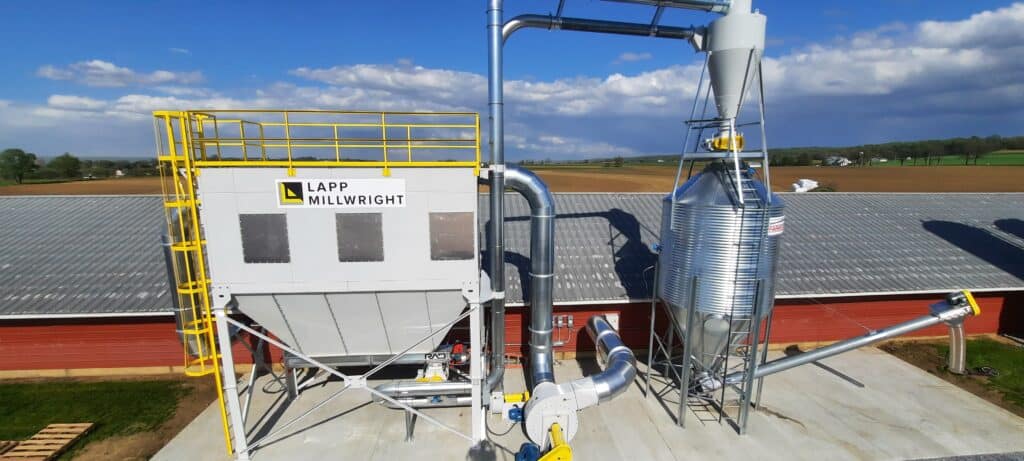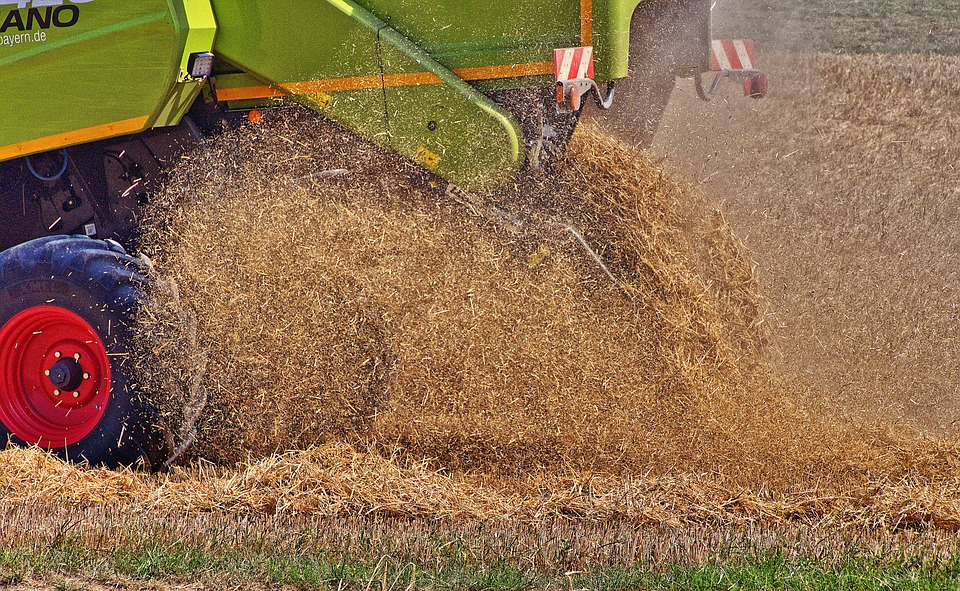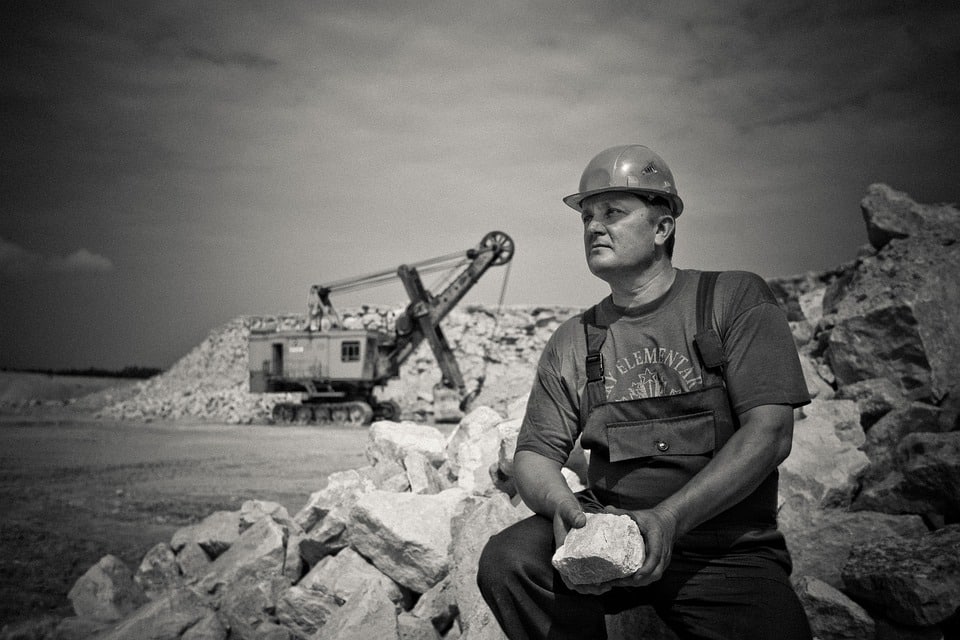In the bustling world of
manufacturing and industrial operations, the management of airborne dust and
particulate matter is paramount. From safeguarding worker health to maintaining
equipment efficiency, the utilization of dust collection systems is indispensable
across various industries. In this comprehensive guide, we delve into the
diverse sectors where dust collection systems play a crucial role, ensuring
operational excellence and regulatory compliance.

Manufacturing Industries
Dust generation is inherent in manufacturing processes, spanning from metalworking to woodworking and everything in between. Metal fabrication facilities, for instance, produce airborne particulates during cutting, welding, and grinding operations. Woodworking shops generate wood dust during sawing, sanding, and shaping activities. Implementing robust dust collection systems in these industries not only safeguards employee health by minimizing exposure to harmful airborne particles but also enhances equipment longevity and maintains a clean working environment.
Food Processing Facilities
Food processing plants encounter
unique challenges concerning dust management, primarily due to the production
of organic dusts such as flour, sugar, and spices. These fine particles pose
respiratory hazards to workers and can compromise product quality and hygiene
standards if left unaddressed. Dust collection systems tailored for food
processing facilities employ specialized filtration methods to capture organic
particles while adhering to stringent sanitation requirements.
Wood Product Manufacturing

Wood products manufacturing encompasses a wide
range of activities, including lumber milling, plywood production, and
furniture manufacturing. These processes generate significant amounts of wood
dust, which can pose fire hazards and respiratory risks if not properly
managed. Dust collection systems tailored for the wood products industry
incorporate efficient filtration and dust containment measures to mitigate fire
risks and protect workers from airborne particulates.
Construction & Demolition Sites
Construction and demolition activities generate
substantial amounts of dust, posing health risks to workers and surrounding
communities. Dust collection systems deployed on construction sites effectively
capture airborne particles originating from activities such as concrete
cutting, drilling, and sanding. These systems promote a healthier work
environment and minimize environmental impact by containing dust emissions
within the job site boundaries.
Pharmaceutical & Chemical Industries
Pharmaceutical and chemical manufacturing
facilities handle a myriad of powders and granular materials, leading to the
generation of potentially hazardous dusts. Strict adherence to safety protocols
and regulatory standards, including NFPA (National Fire Protection Association)
guidelines, is imperative in these industries. Dust collection systems equipped
with explosion-proof features and NFPA-compliant designs mitigate the risk of
combustible dust incidents, ensuring worker safety and regulatory compliance.
Agricultural Operations

Agricultural operations, including grain handling facilities and animal feed mills, generate dusts during harvesting, processing, and storage activities. Grain dust, in particular, poses explosion hazards and respiratory risks to workers if not effectively controlled. Dust collection systems equipped with spark detection and suppression systems are essential in agricultural facilities to prevent dust explosions and ensure worker safety.
Textile & Apparel Industries
Textile and apparel manufacturing facilities
handle fibers, dyes, and other materials that can generate airborne dusts
during processing and finishing operations. Dust collection systems in textile
mills and garment factories capture lint, fibers, and other particulates,
maintaining a clean and safe working environment while preserving product
quality.
Mining & Quarrying Operations

Mining and quarrying operations
involve the extraction and processing of minerals and aggregates, resulting in
the release of airborne dusts containing silica, coal, and other hazardous
substances. Dust collection systems installed in mining facilities mitigate the
health risks associated with exposure to respirable dust particles, thereby
safeguarding the well-being of miners and complying with occupational health
and safety regulations.
In conclusion, dust collection
systems are indispensable across a wide spectrum of industries, ranging from
manufacturing and food processing to construction and mining. By investing in
high-quality dust collection solutions and adhering to regulatory standards
such as NFPA compliance, businesses can enhance worker safety, protect
equipment integrity, and promote environmental stewardship. Contact Lapp
Millwright LLC for expert guidance on dust collection system installation,
maintenance, and repair services tailored to your industry’s specific needs.

